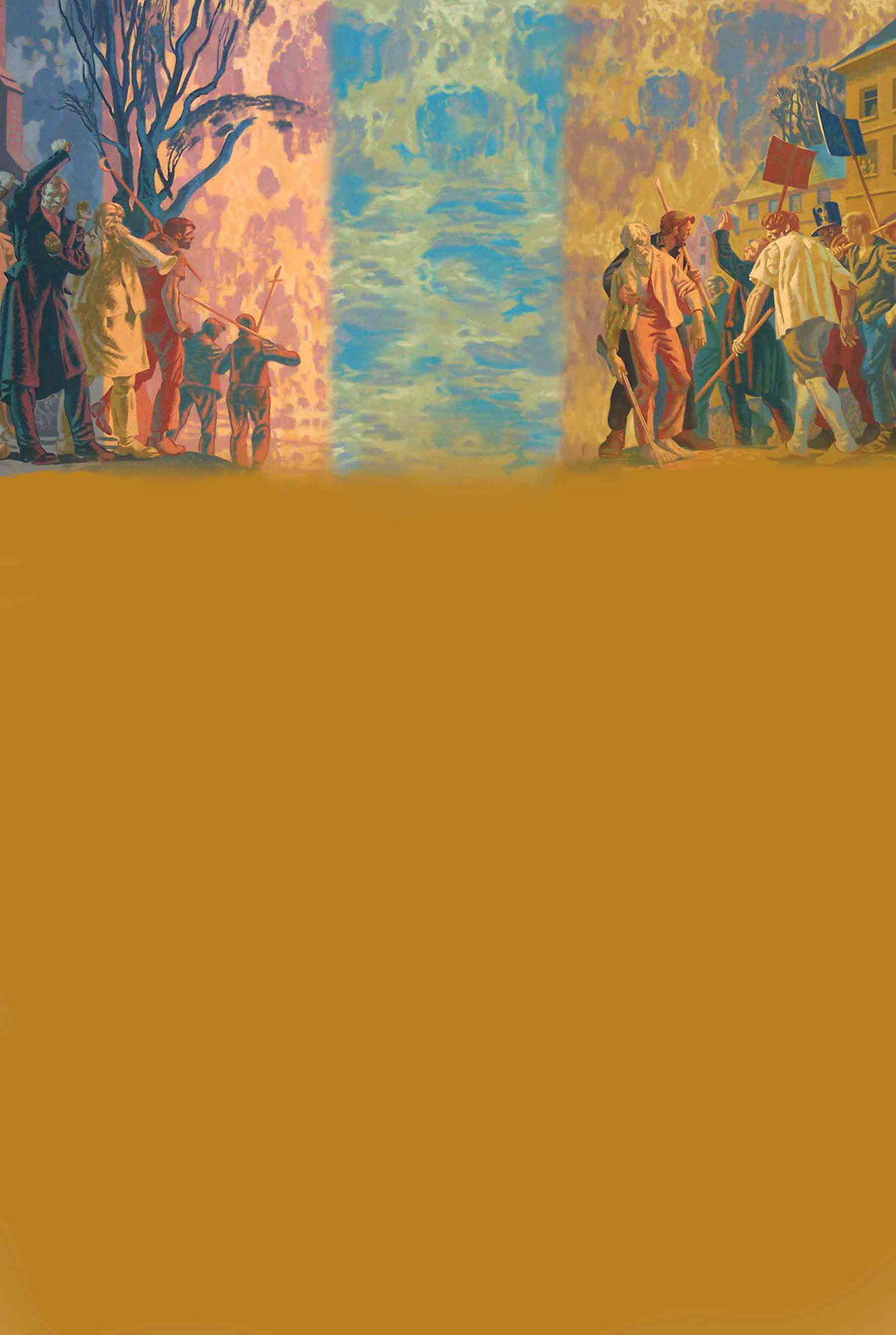

Brothers under Oppression
Prof Malcolm Chase
 Prof Malcolm Chase (Leeds University): ‘‘Brothers under Oppression’: Chartists and the Canadian Rebellions of 1837-38’
Prof Malcolm Chase (Leeds University): ‘‘Brothers under Oppression’: Chartists and the Canadian Rebellions of 1837-38’
On 15th November 1839, a London shoemaker William Cardo was arrested outside Newport’s Westgate Hotel. The most incriminating evidence the authorities could find against him was that in his pocket was an essay on the Canadian rebellions of 1837-38 and he was sent packing back to London. They did not know that, two months before, Cardo had been one of the select group of leading Chartists (and Frost another) who had fixed on early in November for a coordinated rising across England and Wales.
The Canadian insurgencies have slipped the consciousness of almost all British historians. But they loomed very large in the British popular imagination during Chartism’s formative period. Around 300 rebels died in bloody confrontations with the British army; over 1300 were imprisoned, 161 transported and 14 hanged. This repression seemed all the more astonishing because both Canadian provinces had legislative assemblies elected on the basis of a male tax payer franchise, set up by the British government to avoid repeating the deterioration of relations that had led to the American Revolution. Yet when confronted by those assemblies enacting policies it did not like, Britain’s Whig government was prepared to arrest elected leaders, dismiss ‘disloyal’ magistrates, suspend both freedom of assembly and Habeus Corpus, and deploy substantial numbers of troops in order to suppress opposition and impose martial.
What happened in Canada exactly coincided with the emergence of Chartism and it infused a profound sense of immediacy and urgency into the discussion around the constitutional right of Britons to bear arms and, if necessary, use them to resist tyranny. As the great Chartist newspaper Northern Star proclaimed: ‘every blow struck in Canada is a blow at your liberties’. Prominence in the agitation to support Canada was a defining feature of many who took leading parts in the early phase of Chartism. These rebellions are a significant part of the explanation for the militancy of early Chartism and therefore of the Newport rising.
see also Malcolm you tube lecture The Leading Question in Chartist Historiography








